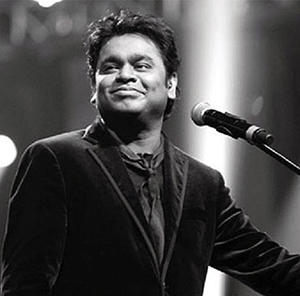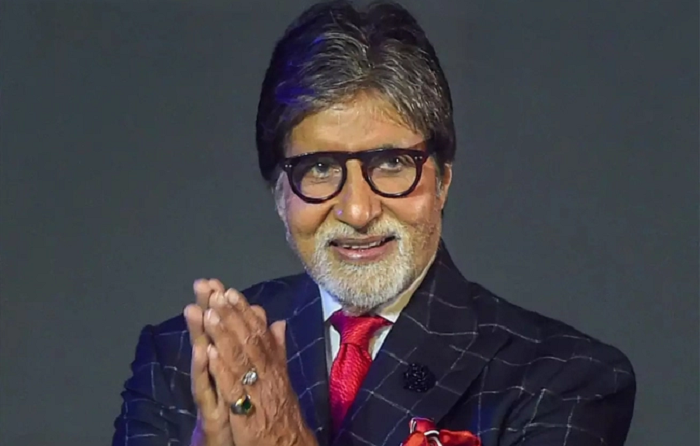Panaji, Nov 24: Criticism is part and parcel of fame but Oscar-winning music composer A R Rahman says his way of dealing with it is to take only the constructive stuff and leave the rest behind.
"Criticism is important. But if you want to satisfy everyone, you'll satisfy no one. You make your music so generic. Some people like something, others don't like certain things. I like criticism which is constructive," Rahman told PTI in an interview here.
"Sometimes you know that it's out of spite so, I take the ones, which are constructive. Because we all are human beings, we tend to focus on certain things with a certain vision and sometimes we ignore certain things."
Rahman, 49, marked his music-composing debut with 1992 "Roja" and there was no looking back for the singer-composer.He said his absolute passion for music has brought him to the place, where he is today.
"My constant search is 'to feel alive'. Because, we need a 'reason' to search. And you have to keep inventing that reason. That keeps me passionate to make music. Anything without passion is useless. Passion brings love, dedication and hard work," Rahman said on the sidelines of NFDC Film Bazaar here.
The music maestro has performed all over the world with many global artistes and most recently he sang with British rock band Coldplay at a festival in Mumbai.
Rahman said he did not expect that band's frontman Chris Martin would be ready to sing "Vande Mataram" with him.
"It just happened. I didn't expect. I just had a 50-50 chance. But, it was good, they were nice people. They believed in what I said. Chris told me, 'I'm taking your word for it AR and I said just trust me'," he quipped.
Rahman credits his family and fans for helping him achieve global fame. He is the only musician from India to win two Academy Awards, a Grammy Award and a Golden Globe.
"I think I'm very blessed. I owe these blessings to God, my family and fans and also the love I get from the people, who listen to my music."
The singer was in Goa to launch his hit track "Vande Mataram" in virtual reality format by giving it a 360 degrees immersive experience at film bazaar.
"It's a coincidence that I've launched it on the 10th year of Film Bazaar. It's actually amazing. I slowly got introduced to VR and I was satisfied that this is going to be next big thing and it's such an unexplored thing.
"VR makes the real things even better. It makes you feel that it's there with you. It actually reinvents the whole nostalgia and makes you go back to experience it in a very different way. It's so beautiful," he said.
The composer is now looking forward to his upcoming project "Robot 2.0", which stars superstar Rajinikanth and Akshay Kumar.
"It's still a work in progress. We have just finished one song. And we are ready for the next one," he said.






Comments
Add new comment